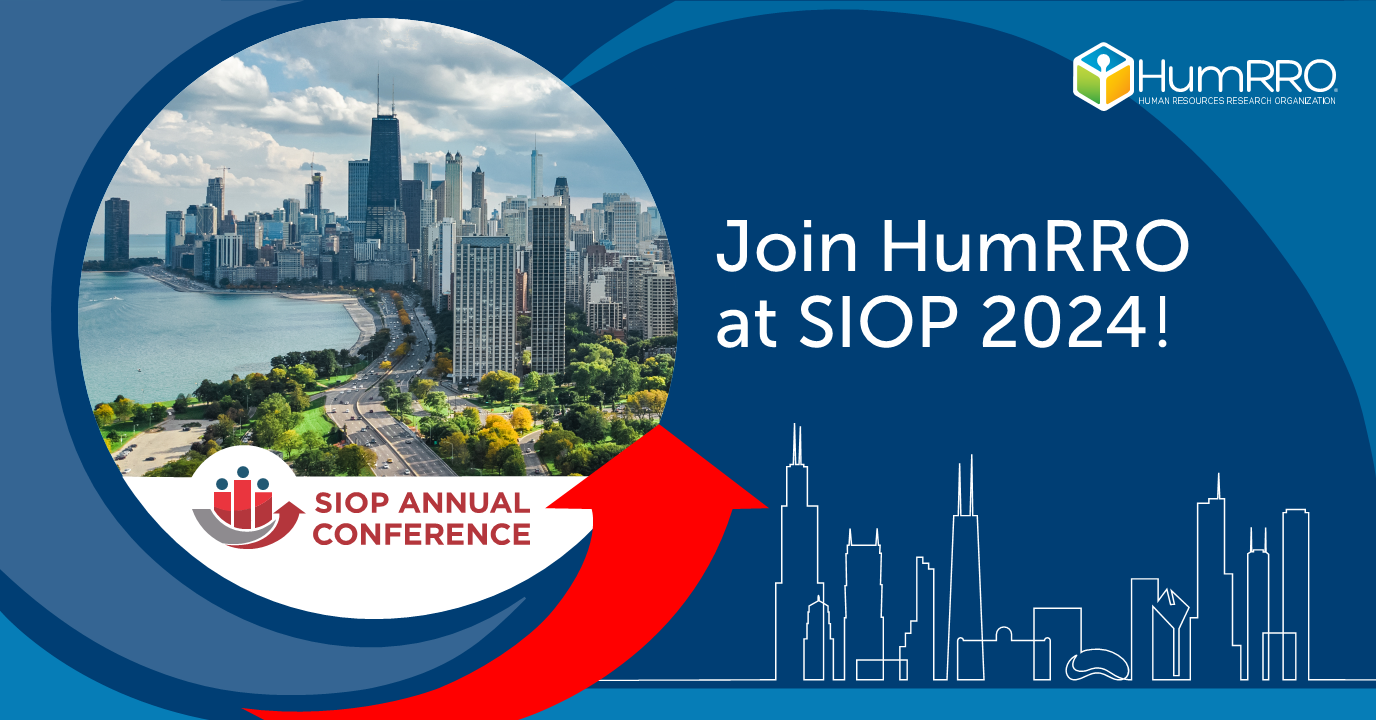A newly published study led by HumRRO Senior Scientist Chris Huber, Ph.D., helps address a challenge that has plagued the talent management field for decades: how to mitigate faking when personality tests are used in high-stakes assessment contexts. This arena is so fraught with challenges that early researchers even questioned the fundamental utility of such efforts. A more promising picture emerged in the 1990s thanks to rigorous quantitative research syntheses, theory-informed studies, and an array of methodological advancements. Despite these successes, however, concerns about faking remain as prevalent as ever.
Huber’s work, “Faking and the Validity of Personality Tests: An Experimental Investigation Using Modern Forced Choice Measures,” appears in a special issue of the journal Personnel Assessment and Decisions focused on understanding the impact of impression management on assessment outcomes. Additional study authors include Nathan Kuncel, Ph.D., from the University of Minnesota, Huber’s wife Katie Huber, Ph.D., from the University of Wisconsin-River Falls, and Anthony Boyce, Ph.D., a principal research scientist at Amazon.
The study builds on prior research demonstrating that personality assessments employing a multidimensional forced choice (MFC) format—where respondents must choose between two or more statements that are most and least descriptive of their typical behavior—tend to generate higher predictive validity than traditional Likert-type formats, where respondents rate on an agree-disagree scale the extent to which a statement describes their typical behavior. Huber and his colleagues designed an experiment to tease out whether the MFC format’s advantage is due to its resistance to faking by varying participants’ motivation to fake as well as changing the type of response format (MFC vs. traditional Likert).
The team’s findings indicate that the MFC format does make it harder to fake personality assessments even when directed to, as study participants were less able to raise their scores artificially (relative to their honest answers) when responding to the MFC format. This resistance to faking did not translate into improved predictive validity results for the MFC format, however. Huber and his colleagues suggest that Likert-type scales may retain their validity even when test-takers fake because the assessment is measuring something other than “true personality” in such situations—for example, an examinee’s views about what type of personality an ideal employee would have.
In addition, it appears that fakers engage in more selective distortion when responding to MFC-based assessments, with score increases under directed faking conditions observed primarily on scales that were clearly relevant to the employment setting, such as drive, cooperativeness, composure, ambition, and mastery. In contrast, score increases were more uniformly positive across all scales when fakers responded to a traditional agree-disagree rating scale.
“Our study demonstrated that self-reported personality scores can still predict external criteria like job performance, even if those scores are largely fabrications,” Huber noted. “That could be a problem, for example, if a company is trying to hire conscientious employees as opposed to those who simply know how to appear conscientious.” Huber suggested that to better understand the effects of faking, “researchers should go beyond just exploring what assessments predict and investigate what a test is actually measuring when people fake.”








